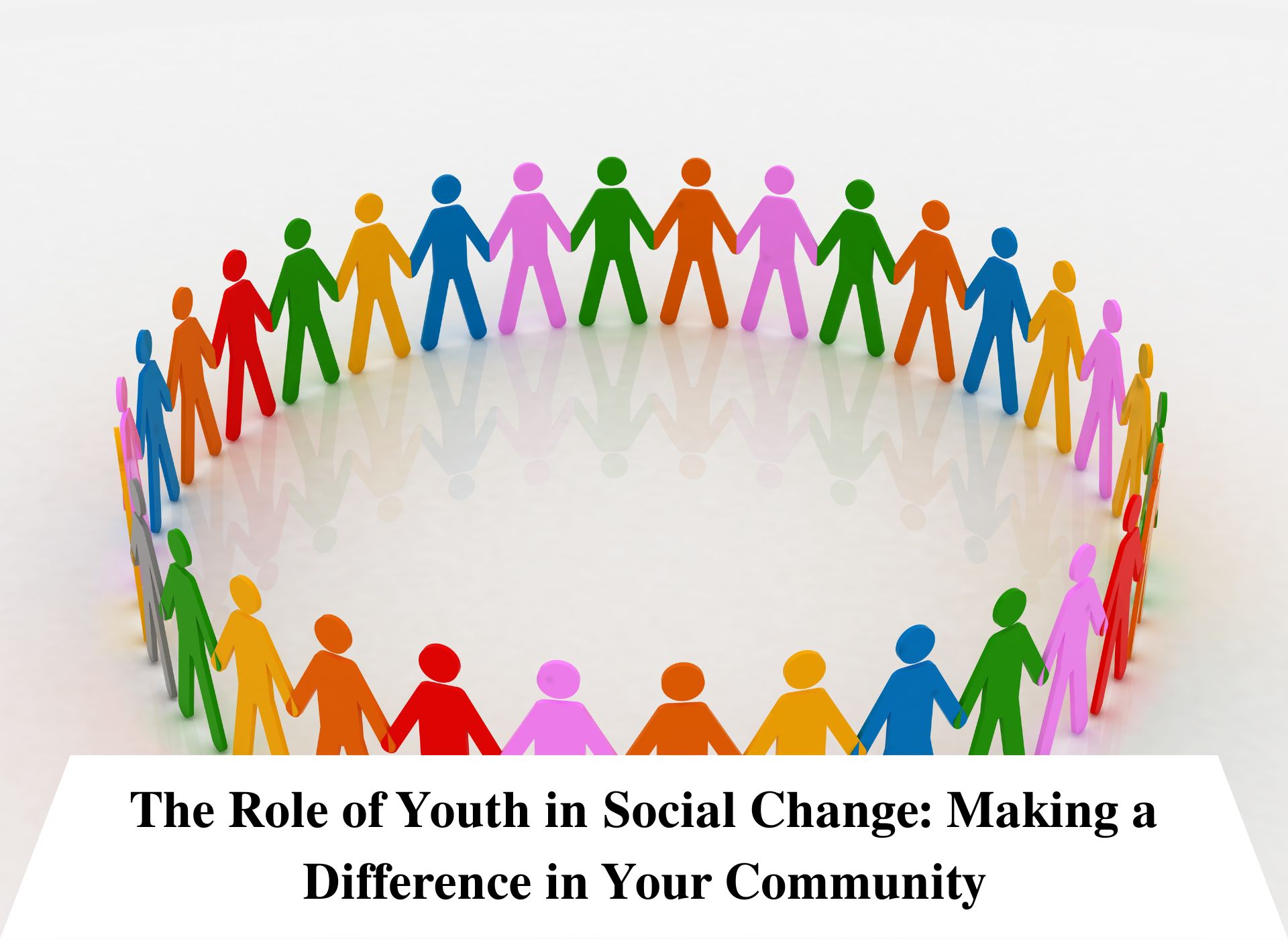Youth have consistently occupied a distinctive and indispensable position within society. Young people are frequently perceived as both **agents of change** who propel progress and innovation, and as **keepers of tradition** who uphold cultural values and social continuity, as they serve as the generation that connects the past and the future. Appreciating the intricate ways in which youth influence the world around them is facilitated by comprehending this dual role.
Youth as Agents of Change
Young individuals are frequently at the vanguard of technological, political, and social movements. They are able to envisage new possibilities and challenge existing norms due to their energy, creativity, and novel perspectives.
* **Promoting social transformation:** Youth have been instrumental in the global movement for equality, environmental activism, and civil rights. Important reforms are frequently the result of their willingness to challenge authority and advocate for justice.
* **Adopting innovation:** Young people frequently take the lead in the development of economies and communication by establishing enterprises and implementing new technologies.
* **International connectivity:** Youth are more connected than ever, disseminating ideas and mobilizing communities across borders, thanks to their access to social media and the internet.
* **Reimagining culture:** Young generations are constantly redefining cultural identity through art, music, fashion, and social trends.
Their capacity to effect change is a driving force behind progress, as it motivates societies to adjust and develop in response to emerging obstacles.
The Youth as the Keepers of Tradition
Simultaneously, youthful individuals are accountable for perpetuating the traditions, customs, and values that influence community identity and unity.
* **Preserving cultural heritage:** A significant number of young people engage in rituals, language preservation, and storytelling that establish connections to their past.
* **Respecting the wisdom of the elderly:** In a variety of cultures, young people demonstrate respect for senior generations, gaining knowledge from their experience, and preserving social harmony.
* **Community and family responsibilities:** Youth frequently participate in communal events, social gatherings, and family obligations, which serves to maintain continuity.
* * **Balancing tradition and modernity:** They creatively combine the old and the new, ensuring that traditions remain pertinent in the face of changing times.
In the face of rapid change, this role as custodians of culture is instrumental in the preservation of a sense of belonging and stability within societies.
Navigating the Balance
A defining characteristic of adolescent identity is the tension between embracing change and honoring tradition. Young individuals are advantageous to societies when they are encouraged to investigate novel concepts while simultaneously honoring their heritage.
* **Education and dialogue:** Mutual comprehension and respect are fostered by the promotion of intergenerational conversations.
* **Inclusive spaces:** Communities that promote balanced development by enabling youth to freely express themselves while also respecting their heritage.
* **Mentorship and role models:** The positive channeling of youth’s energies can be facilitated by the guidance of elders.
In conclusion,
Youth are not restricted to serving as revolutionaries or guardians; they are both. They serve as catalysts for social advancement and innovation. Anchoring communities in shared history and values, they serve as stewards of tradition.
By acknowledging this dual role, societies are able to fully utilize the potential of their youth, thereby ensuring that their futures are vibrant and resilient, and that they are founded on a foundation of creativity and respect. Ultimately, the future is the property of those who are able to innovate while maintaining a sense of their heritage.

Leave a Reply